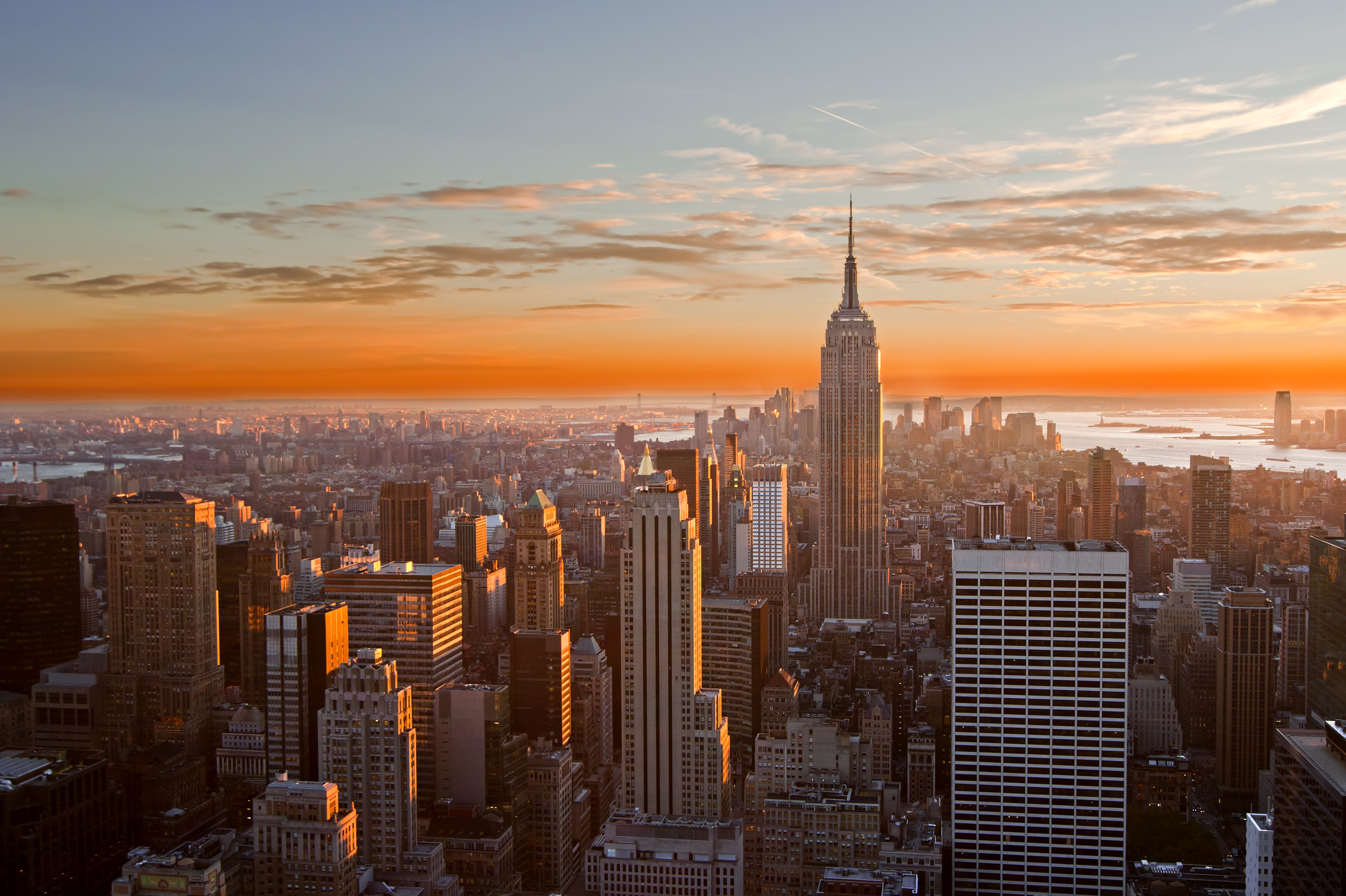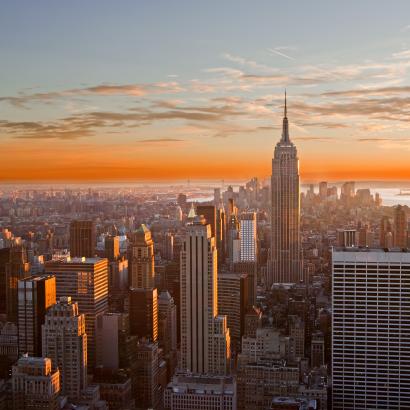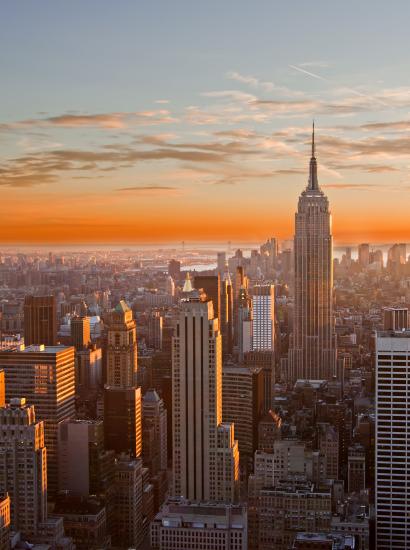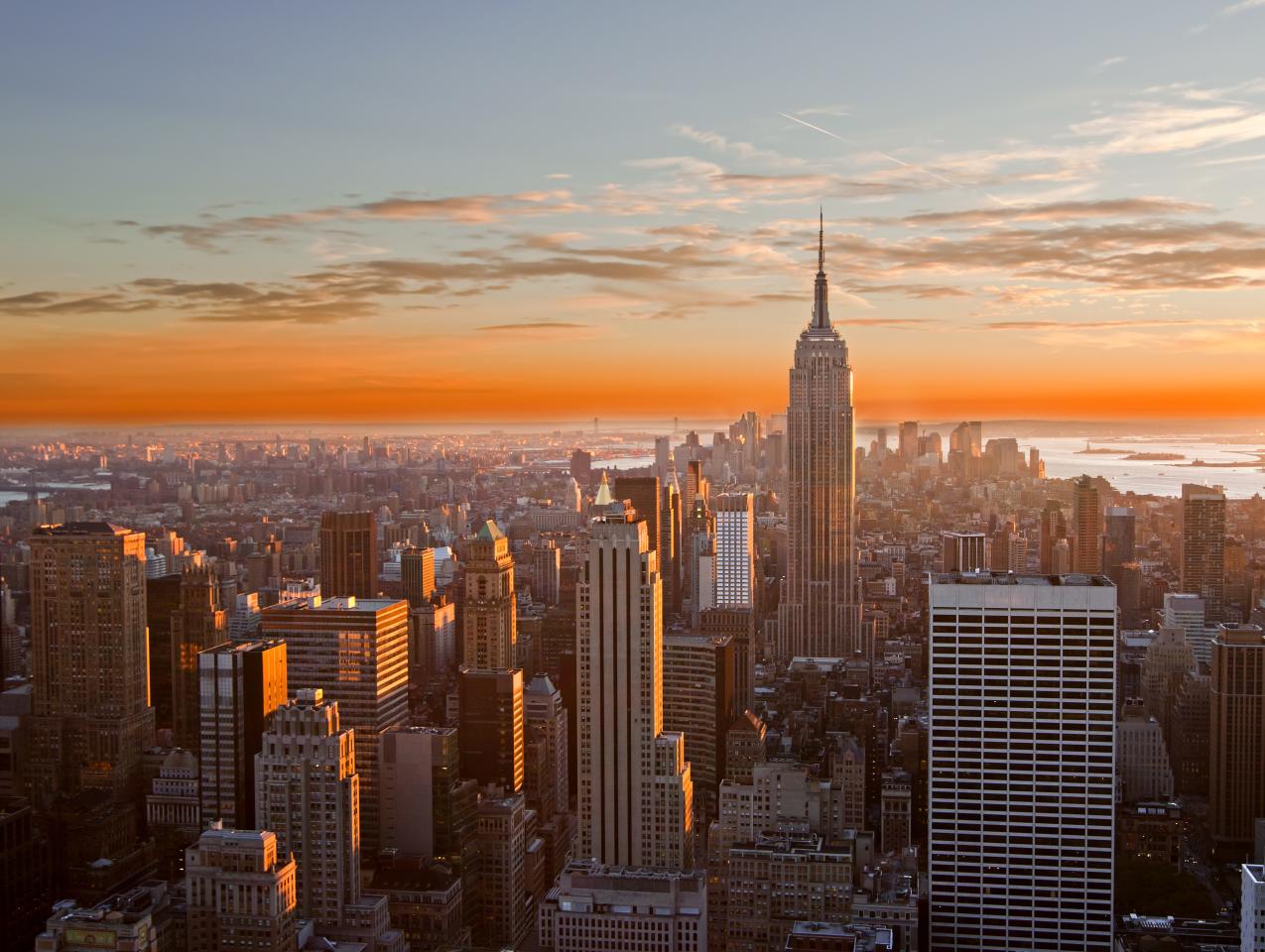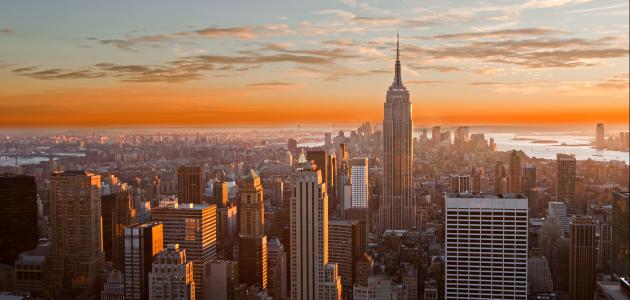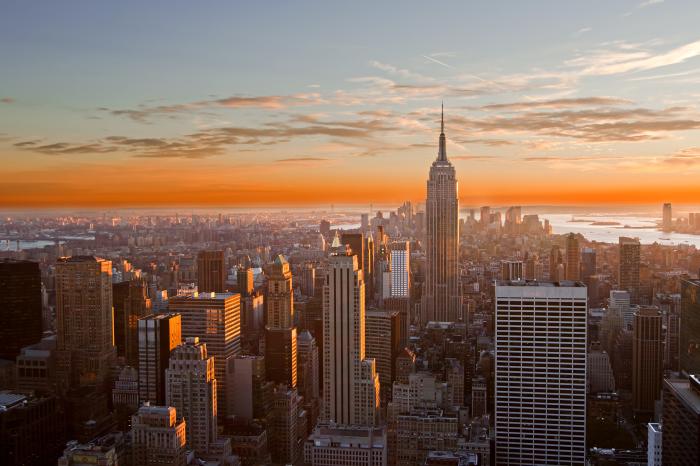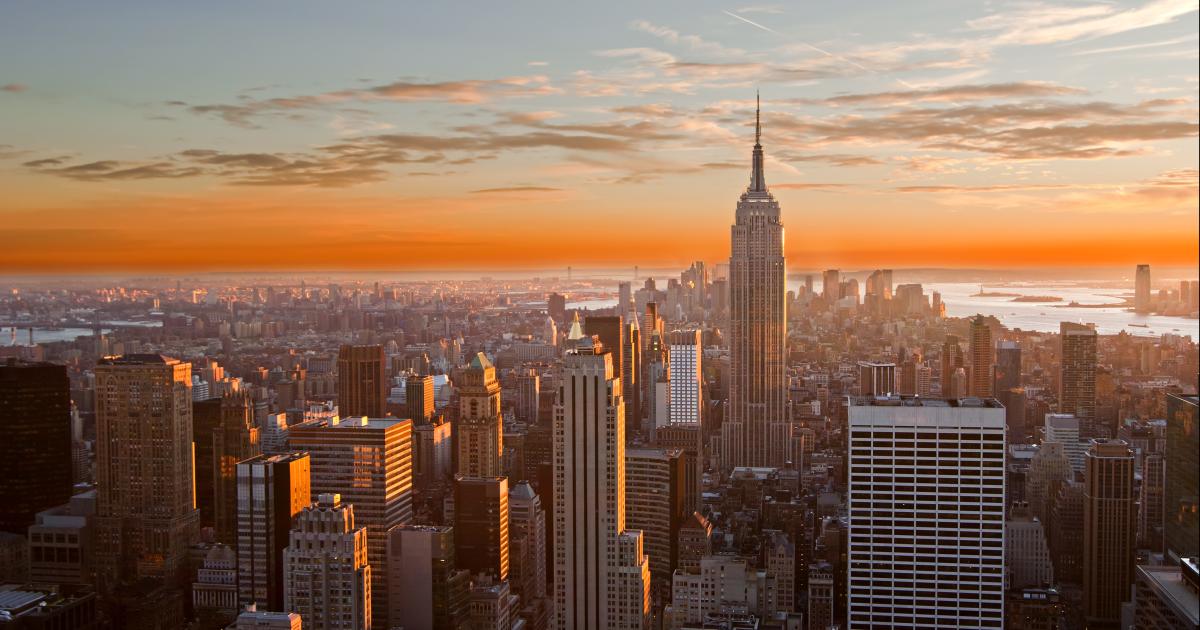Two of the most strident critics of billionaires in America are Democratic Socialist Zohran Mamdani, newly elected mayor of New York, and Bernie Sanders, the socialist US senator from Vermont. When asked by NBC interviewer Kristen Welker whether billionaires have a right to exist, Mamdani dodged the question about rights but did say forthrightly that we shouldn’t have billionaires. Now that he has won, Mamdani will likely do his darndest to make sure they don’t exist in New York City. He advocates adding 2 percentage points to New York City’s income tax rate on income over $1 million. That would raise high-income people’s NYC marginal tax rates from 3.876 percent to 5.876 percent, an increase of over 51.5 percent.
But the more fundamental question is whether billionaires should be allowed to exist. My answer is yes. I’m assuming that we’re not talking about whether billionaires should be murdered. Even if Mamdani thinks that billionaires have no right to exist, his policy response, presumably, would be to forcibly take enough of their wealth to drive it below $1 billion. So, my response is both that they should be allowed to live—a view that, hopefully, is not controversial—and that they should be allowed to keep their wealth.
There are two reasons for my view. The more important is that they have a right to what they earned or inherited. The other reason, which should be important even for those who don’t believe in their rights, is that most billionaires get to be billionaires by serving us, that is, by making us better off. If the government taxes billionaires to make sure they don’t exist, it will hurt the rest of us.
The right to keep what you earn
First, consider the argument for respecting billionaires’ rights to their wealth. I could make my argument for rights in a vacuum, but Bernie Sanders has already provided a road map for that argument. After he became a millionaire, Senator Sanders quit attacking millionaires and raised the ante: he shifted to attacking billionaires. Something he said when he became a millionaire is quite relevant here. He had written a book that had sold well and here is how he explained and defended his newfound wealth. He stated, “I wrote a bestselling book. If you write a bestselling book, you can be a millionaire, too.”
Notice something important that is implicit in his statement. Sanders thinks that he has a right to the $1.06 million that, according to this news story, he made on the book. His implicit moral claim is worth a lot. For many decades, Sanders described himself as a socialist. The term “socialist” can be used to mean many things, all the way from wanting an expanded welfare state to having an all-powerful government that claims ownership of everything and takes people’s wealth. Wherever Sanders is on that spectrum, his statement makes clear that he rejects one important tenet of extreme socialism, namely, that productive people should not be able to keep what they earn. So far, Bernie and I are on the same page.
But that raises an issue. Does that same thinking apply to billionaires? Bernie made money by selling a book that many people wanted to buy. Billionaires make money by producing many things that people want to buy. Do they deserve to keep what they earned?
If they don’t deserve to keep what they earned, there must be some numerical dividing line. Where is that line? In Sanders’s case, the dividing line now seems to be above a few million dollars. Although it’s possible that I’ve missed it, I don’t recall his castigating decamillionaires—people with a net worth of $10 million. So, we’ve narrowed it down a bit. The dividing line seems to be somewhere between $10 million and $1 billion. Let’s say it’s $100 million. Having a net worth of $100 million is fine, but if you’re a centi-millionaire who engages in a transaction that makes you an extra $10,000, that’s not fine. But why? Why is it bad to make that extra $10,000?
If we make the dividing line $500 million, we run into the same problem.
In short, once you have stated that money you made in voluntary exchanges is yours to keep, you have justified the idea that even billionaires have a right to keep what they earn.
Do billionaires benefit other people?
There is also a strong pragmatic case for letting people, whether they are billionaires or not, keep what they earn: doing so benefits the rest of us.
Once again, Bernie Sanders has done us a favor by implicitly making the case. Go back to his statement that he wrote a bestselling book that put him in the millionaire class. Bernie wasn’t just defending his right to make and keep that money. He also was explaining how wealth comes about. He produced a book that many people wanted and were willing to pay for. He gained and they gained. Modern economists often summarize the economic principle as follows: “Trade is a positive-sum game.” But that formulation is too weak. A game can be positive sum if one player gains more than the other person loses. But when two people exchange voluntarily, both gain. Whatever I might think of Sanders’s book, people who bought it valued it more than what they paid for it, or they wouldn’t have bought it. So, Sanders created wealth.
That’s what billionaires typically do. Consider the late Sam Walton, the founder of Walmart. He was a retail innovator who made well over a billion dollars as a retailer. His innovations resulted in much lower prices than prior retailers were charging. Walton gained and his customers and employees gained.
Or take the even more spectacular case of Jeff Bezos, the founder of Amazon. Bezos and his wife at the time, MacKenzie Scott, started the company in 1994 to sell books online. It grew from there. Bezos has a net worth of over $200 billion. He got it by serving us.
My wife and I order something from Amazon at least a few times a month. Recently, I needed a part to get my generator in shape for the coming winter. In most winters, our electric power has gone down, sometimes for days. I ordered the part from Amazon and had it two days later. I gained and Amazon gained.
In short, allowing Bezos to become a billionaire has made him and his customers better off.
What would have happened if thinking like that of Mamdani had become dominant so that no one was allowed to be a billionaire? Would Bezos have had the same drive he has? I don’t think so. Some might argue that he would have been happy to have $999 million. Maybe he would have been happy, but he wouldn’t have worked as hard and he wouldn’t have innovated as much. And that would have meant that his millions of customers would be worse off.
Are there exceptions?
Did all billionaires get their money by serving other people in a relatively free market? No. There are exceptions. A recent exception is financial swindler Bernie Madoff. Interestingly, though, it’s not clear that he was a billionaire. In March 2009, while Madoff was awaiting sentencing for his crimes, his and his wife’s net worth was estimated to be between $823 million and $826 million. It’s possible that he was a billionaire earlier. In any case, the government should have taken his money to compensate his victims, as it did. It would have been even better if the Securities and Exchange Commission had done due diligence on the numerous reports of fraud that it had received over the years.
According to Wikipedia, the “SEC's inspector general, [H. David] Kotz, found that since 1992, there had been six investigations of Madoff by the SEC, which were botched either through incompetent staff work or by neglecting allegations of financial experts and whistleblowers.” In short, we already know how to deal with billionaires who got their money by outright fraud.
It is true that a significant number of billionaires who made their money in a relatively free market also benefited from government subsidies. Exhibit A is Elon Musk. California’s government, for example, gives credits for each electric vehicle a car company produces. Those companies that don’t produce enough EVs must buy credits from companies like Tesla. According to E&E News, “In the first nine months of 2024, some 43 percent of its [Tesla’s] net income came from those credits, which Tesla sold to rival carmakers after exceeding climate mandates in California and elsewhere.” Without that scheme, Tesla would be less profitable, and Musk would be substantially less wealthy. But he would still be a multibillionaire.
Some critics argue that simply by paying less than they “should” pay in taxes, billionaires are being subsidized. But the reality is that in most years, most billionaires already pay many millions in federal taxes, which is typically much greater than the benefit they get from the federal government. That’s the opposite of being subsidized.
Conclusion
Billionaires have a right to exist, in both senses. First, no one should kill them just for being billionaires. Second, governments should not prevent them becoming billionaires. And, as a huge bonus, allowing billionaires to exist makes the rest of us better off.







